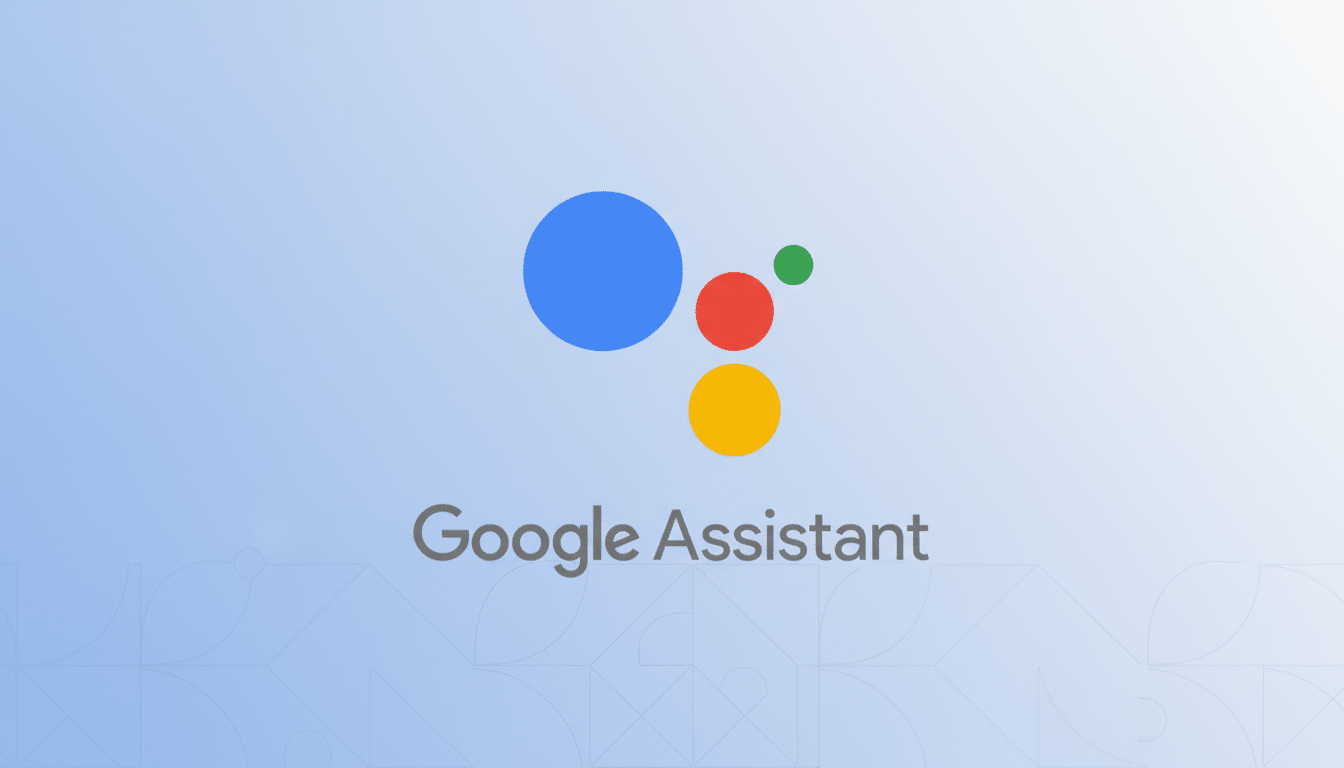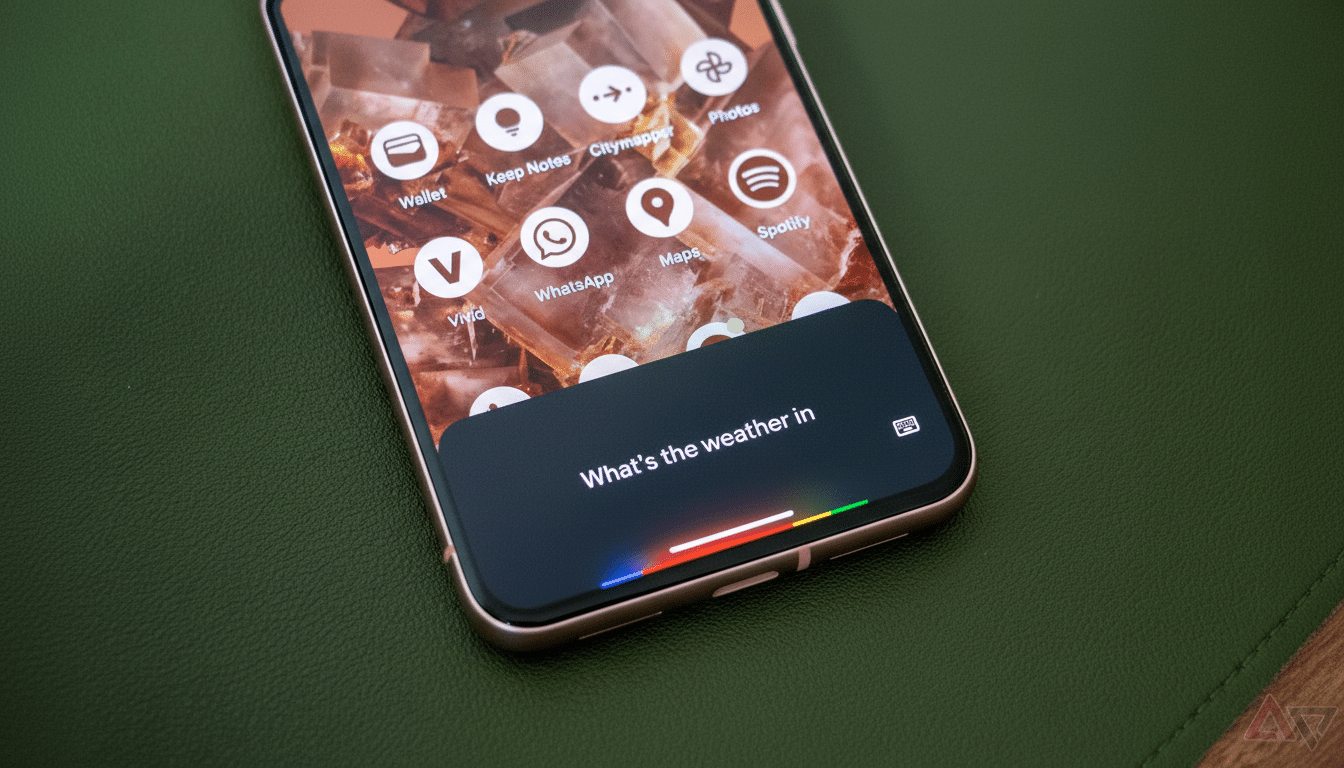Google has quietly set the countdown on Google Assistant and its handoff to Gemini across phones, cars, wearables, TVs and home. Assistant will still be accessible in Android for a brief period while Gemini transitions to voice and conversation, according to an announcement on the official support forum. It’s the clearest indication yet that the company’s original voice aide is reaching a final chapter almost 10 years in.
What Google is saying about the Assistant-to-Gemini shift
Spotted by community watchers like AssembleDebug, the banner claims that Gemini will comprehend similar instructions to Assistant and handle natural language. That’s a comfort, because long-time users of voice have built the habit around their lives for the last two years or more: timers, navigation, messages and calls, and smart home routines are an everyday part of many people’s lives at this point (I can spout data all day about it if you like), and continuity during a platform sunset is always going to be the make-or-break issue.
- What Google is saying about the Assistant-to-Gemini shift
- Why Gemini is replacing Google Assistant across devices
- What changes users can expect during the Gemini migration
- The broader market context for Google’s voice transition
- Risks and open questions about Gemini voice readiness
- The bottom line on Google’s shift from Assistant to Gemini

Until now, Google had been coming at us with piecemeal clues: delisting features, promoting the Gemini app on Android, and testing out Gemini experiences in Android Auto and Google TV. This new announcement is the first explicit retirement timeline for which users can begin to plan, even if it isn’t being blasted on a big blog post from the company.
Why Gemini is replacing Google Assistant across devices
Assistant was designed for command-and-control: ask, get an answer and move on. Gemini is designed for reasoning and context, drawing on multimodal models that can parse images, on-screen content and longer conversations. Google has been orienting its ecosystem toward that change — rebranding its chatbot, teasing richer voice features, and integrating AI summaries, task scheduling and proactive help into the same system.
There’s platform logic to the move, too. Parallel assistants splinter engineering, slow down feature launches and confuse users. By converging on Gemini, Google can ship one stack across Android, ChromeOS, living room and in-car UIs. Takeaway: Analysts like those at IDC and Gartner have said for a while that consolidation around core AI platforms is looming as models get bigger, faster and more expensive to run.
What changes users can expect during the Gemini migration
On Android, many devices already encourage users to try Gemini for voice. The well-known long press of the power or home button can be remapped, and the voice hotword is ever-growing with Gemini stepping up as the main assistant. As for cars, in Android Auto it’s including Gemini-powered summaries and suggested replies, with voice becoming more assistive throughout the auto experience.
Wear OS, Google TV and smart displays are on the migration path as well, though not all of them will see a smooth transition. Some Assistant features have already been cut back or remodeled — Assistant Snapshot, some reminders and third-party Actions have all been retired as Google transitions to its newer routines and APIs. According to the company, smart home commands will still work following the transition, while more complex automations may need you to recreate them in the Google Home app.

Yeah, the other steps for now:
- Test your critical voice commands with Gemini.
- Migrate or rebuild complicated routines in Google Home.
- Check permission settings and voice activation on microphones.
- Review car and watch setups for the Assistant toggle.
- If you use niche third-party add-ons for Assistant, look for Gemini-compliant solutions.
The broader market context for Google’s voice transition
Assistant was everywhere once — Google has mentioned before that over a billion devices have been touched in some fashion by the service. Data from Canalys and Strategy Analytics found that, in smart speakers, Google hit peaks giving it approximately a one-third share or more of the market behind Amazon. Voice is sticky; a joint study from NPR and Edison Research has counted tens of millions of U.S. households that use smart speakers, with daily practices like timers, music and news holding strong.
But the category is moving from “voice as a button” to “AI that understands,” and that takes models that can understand intention, parse context and take multi-step actions. That’s Gemini’s role in life. It also dovetails with Google’s broader push toward baking the same AI into Search, Workspace and developer tools, instead of keeping a specialized assistant off to the side.
Risks and open questions about Gemini voice readiness
However, users continue to report rough Gemini voice corners, particularly when it comes to reliability, latency and control of smart home devices. Google’s promise that Gemini will recognize the same commands is a tall order, and Google will have to prove parity on rote execution, offline resiliency and quick hands-free responses — nowhere more so than in car and on the wrist (where you really don’t want those systems to be activated any longer than they need to) where every second counts.
There’s also the trust issue. Assistant gained a reputation for consistency and privacy controls, along with features like Voice Match and on-device processing to handle basic tasks. Google will have to explain how those protections manifest on Gemini, what processing remains local and how recordings and prompts with users are managed.
The bottom line on Google’s shift from Assistant to Gemini
Google has effectively begun the countdown to farewell for Assistant. Codenamed the Voice Interoperability Initiative, the company is signaling continuity — users will use the same commands, but can now add more natural conversation with Alexa and integrate a more capable AI core. If Google can achieve feature parity and maintain low latency, none of that will skip a beat. If not, brace for a noisy transition to what is among the most popular voice services ever created.

